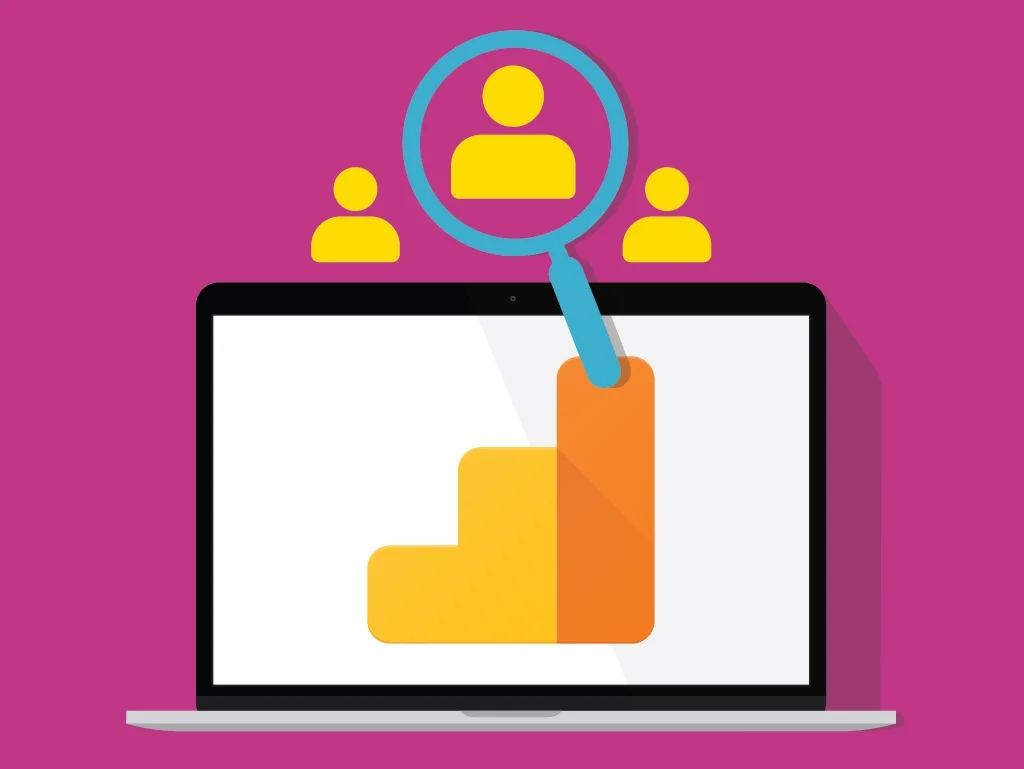The numbers vary by source, but something like 90% of websites use Google Analytics in one form or another. Wow. I’m having a hard time thinking of any other service or product that has achieved that level of market penetration. Despite the fact that tens of millions of website are using Analytics, I bet there are sections within the Analytics interface that 90% of business owners have never used, seen, or even heard of. One of these sections is User Explorer.
Unveiled in the spring of 2016, this report does something that was previously next to impossible to do – track an individual’s journey on your website. User Explorer is found in the Audience section of Analytics. It lets you view data for individuals such as how they ended up on your site (referral, organic, social, etc.), what pages they visited, what events they triggered, and more. Of course, this is completely anonymized and no personal data is recorded *cough GDPR compliant cough*.
That’s all fine and dandy, but how would a marketer benefit from this information? In general, you should view aggregate data so you can make informed decisions (see my previous blog for an explanation of why sample size matters), so at first glance viewing individual data may seem ineffective. However, here are three examples of when it may be valuable to view the data for individual users.
Example One – One Audience Segment Outperforms Another
How people interact with your website will be affected by their age, gender, device, and a host of other factors. By segmenting your Analytics data, you can dive deeper into these user categories. Do a lot of mobile users drop off when they visit a certain page? Do 18-34 year old males make it past your product page? These are things that are definitely worth looking into and you might not know about without User Explorer.
Example Two – Understand Your Customer Profiles
You may have some idea how different audience segments engage with your site, but let’s take that a step further. Every business should create customer profiles to get inside the head of their target market. User Explorer can help with that. By incorporating User Explorer with the more commonly used sections of the Audience tab in Analytics you can further develop, expand, and learn about your customer personas.
Example Three – Upsell Higher Priced Products or Services
Why do some people buy your $1,000 product while others only opt for the $150 product? Through User Explorer you could learn that people who buy your higher-end product all visited a few key pages on your site that other people missed. If this is the case you can adjust your marketing strategy accordingly. Not all of the lower tier purchasers will buy the more expensive product, but some undoubtedly will.
Should I Use User Explorer?
Not all businesses will benefit from User Explorer. If your business is in a very particular niche and all of your website visitors are similar, you won’t get much value from it. If you only get a few conversions a month and don’t have a lot of people visiting your site you likely won’t benefit from User Explorer. If you have a product or service that appeals to all ages, genders, etc. then looking at the individual level may not add give you any insight.
User Explorer can be very valuable but like many advanced Google Analytics functions it’s not necessary for every business. If you want help understanding how people interact with your website or want to take your marketing to the next level contact us today!





